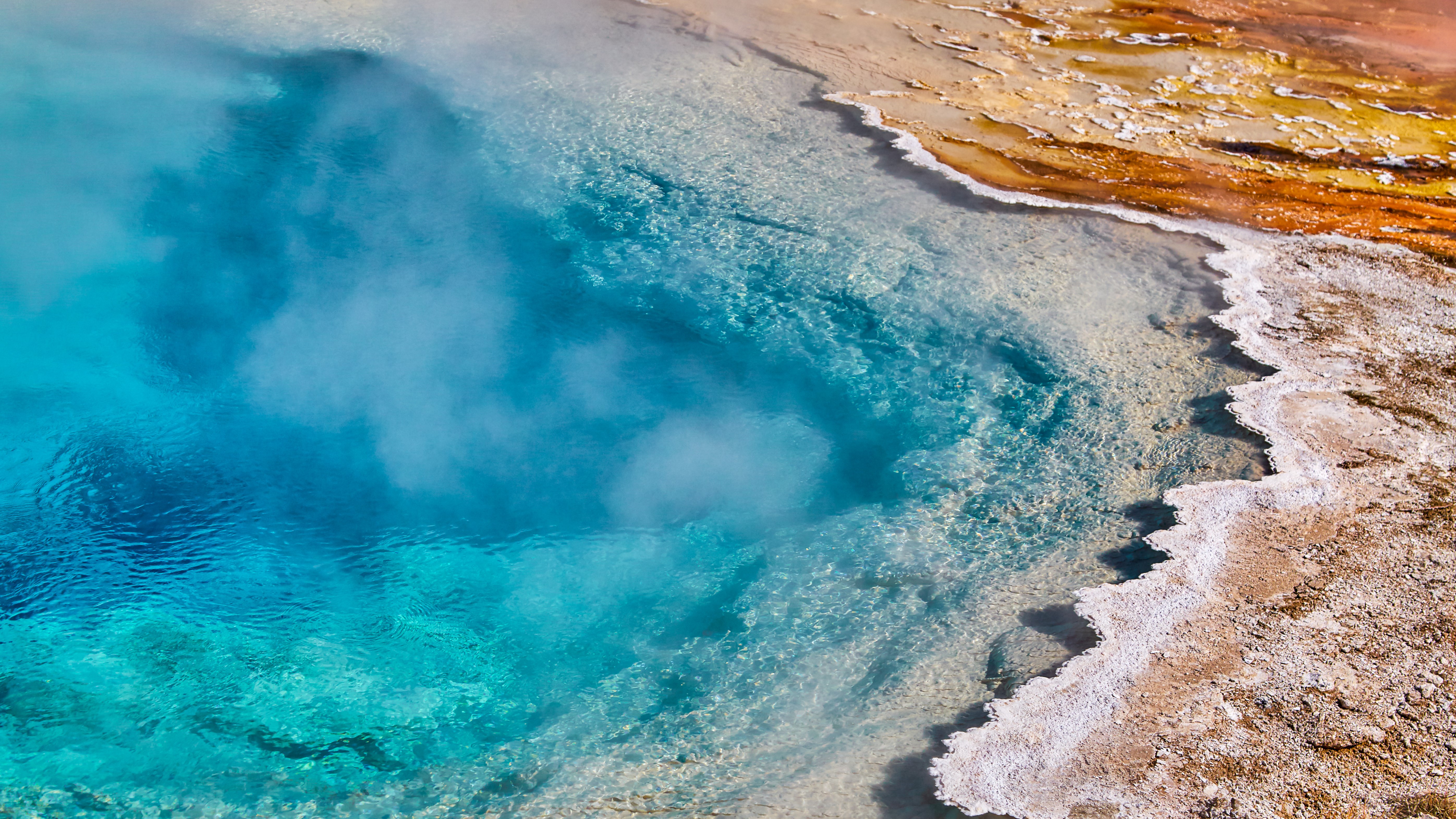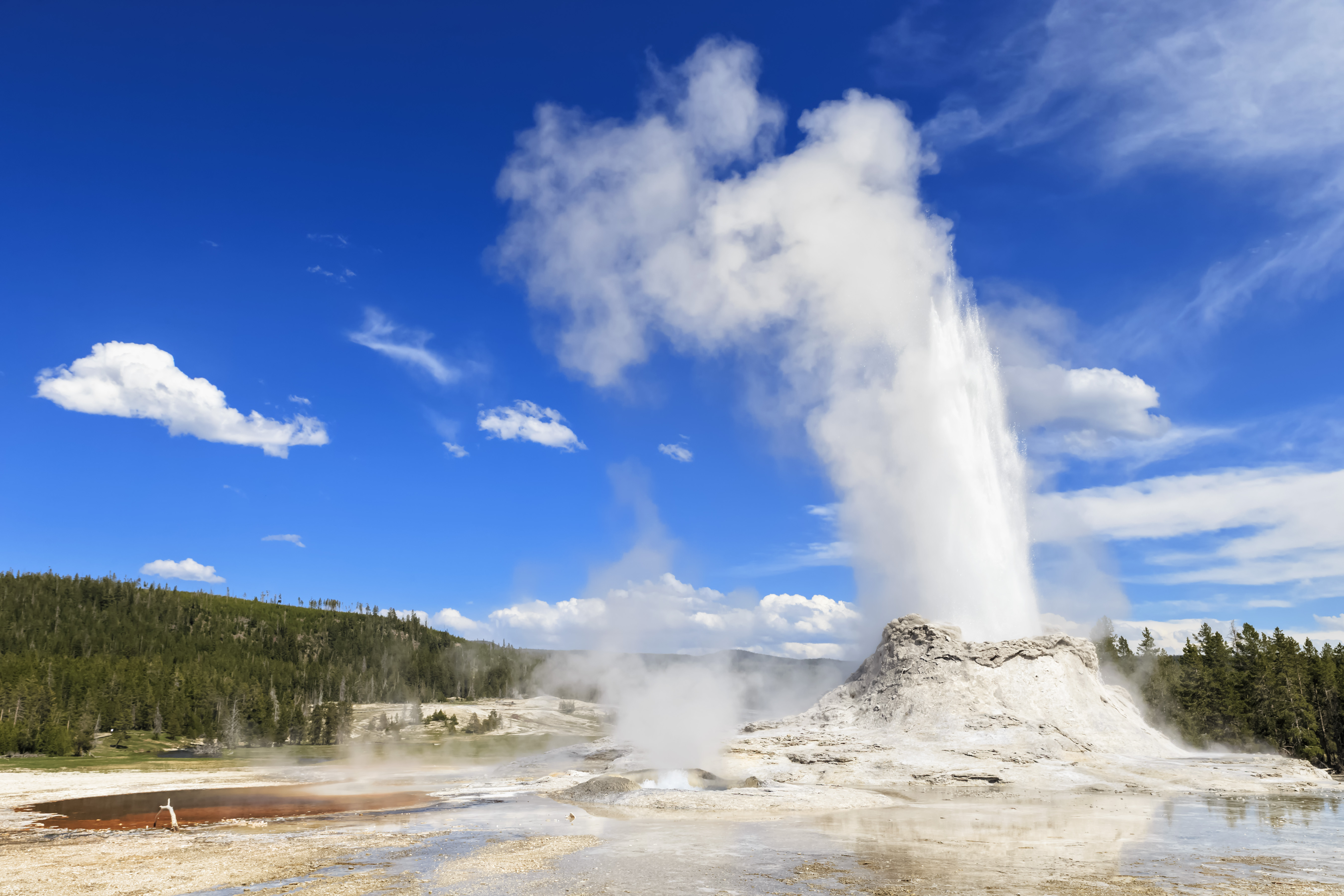
Yellowstone National Park is rich in many things – stunning wildlife viewing opportunities, dazzling hot springs and well over two million acres of pristine wilderness – what it lacks, however, is enough accommodation to house its thousands of employees. The employee housing situation in the world's first National Park has gotten so bad that an anonymous donor recently gave the NPS $40 million specifically to help tackle it.
Like housing shortages in ski towns, a lack of affordable housing in and near National Parks like Yellowstone doesn't just make life uncomfortable – it affects the parks' ability to function. In a recent report by NPR, Park Superintendent Cam Sholly revealed he knew of at least five instances where the park has been unable to recruit critical positions because the applicants could not find housing.
We recently reported that US National Parks saw a return to pre-pandemic visitation levels in 2023, which saw visitation up four percent from the year before. Of those visits, 4.5 million visitors went to Yellowstone, and that kind of volume means that the park needs over 3,000 employees to operate the park during peak season. For years, Yellowstone has relied on nearby towns such as Gardiner, Montana to help house staff, but with such high visitation numbers, there's more incentive for landlords to use their property for short-term rentals at a high nightly rate than it is to provide seasonal or long-term lodging.

For permanent employees hoping to put down roots in the area and own a home, even staying on in the area after retirement, the situation is even more dire; the Yellowstone State of the Park 2023 report shows the five-year average home value in Gardiner to be at $800,000, more than that of pricey Denver, and more than twice the national average. Meanwhile, one quarter of Yellowstone employees earn less than $51,000 per year.
The anonymous donation can't solve the problem – that will take more money, regulations around short-term rentals (which have been banned in some ski towns) as well as incentivizing long-term rentals, but it's a step in the right direction.







